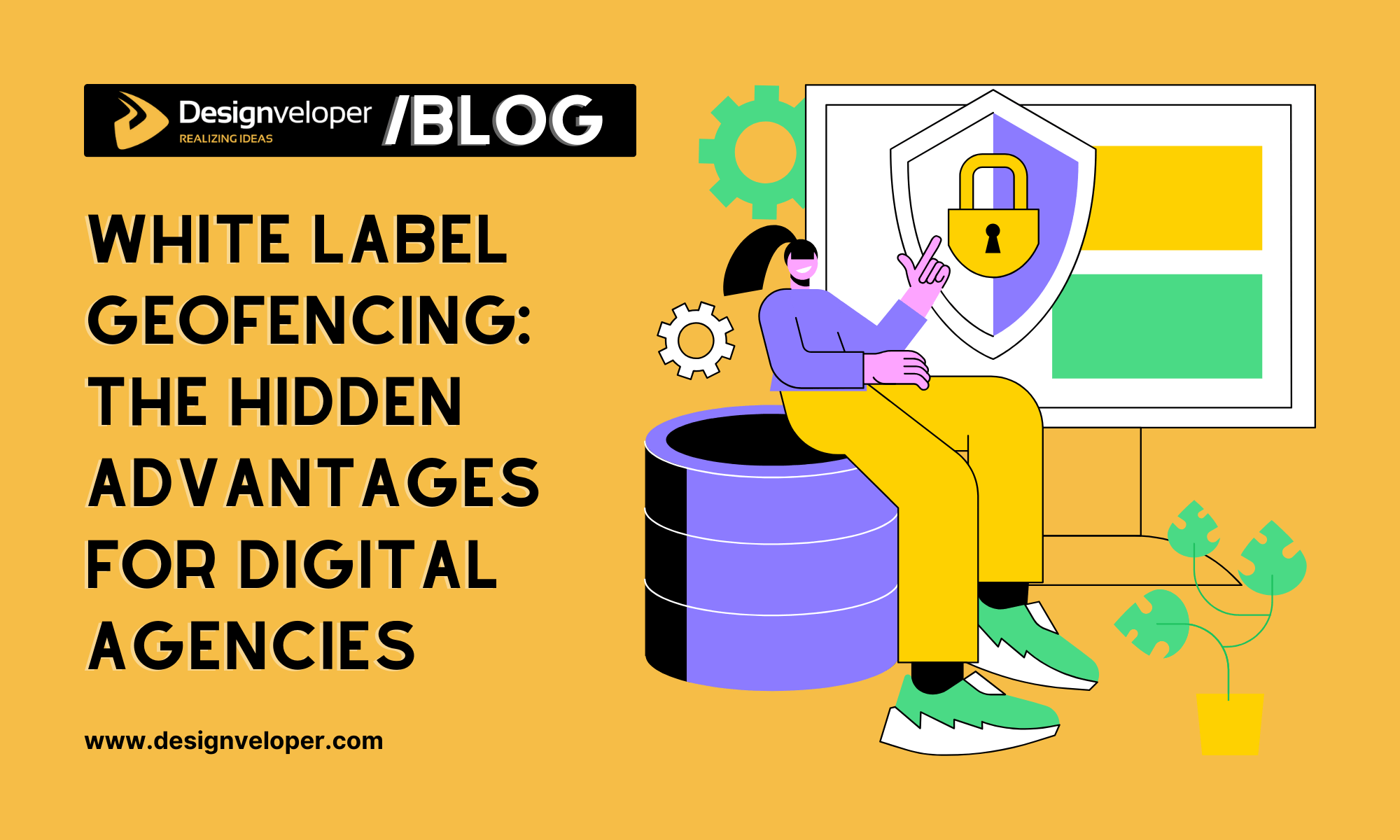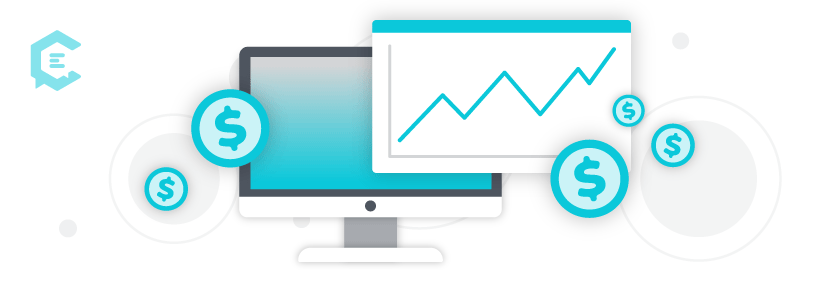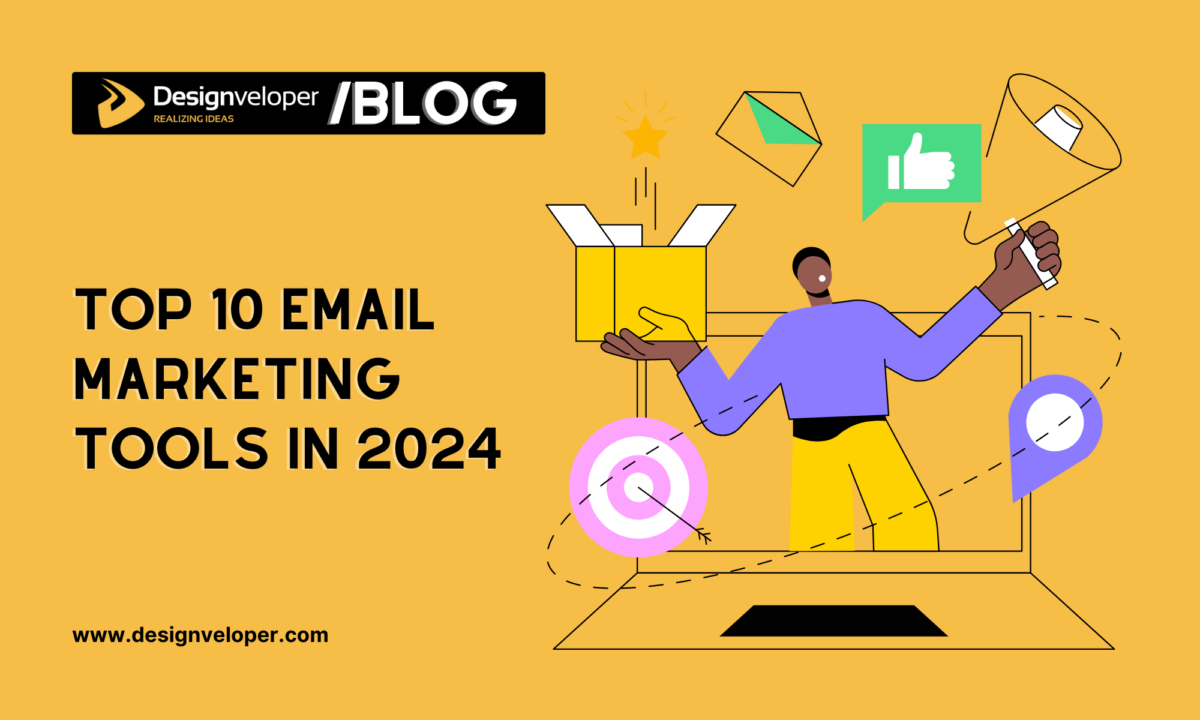White Label Geofencing: The Hidden Advantages for Digital Agencies
October 10, 2024


White label geofencing presents a unique opportunity for digital agencies to enhance their strategies effectively by harnessing the capabilities of geofencing technology. This approach allows agencies to tailor messages and advertisements to targeted audiences within specified areas of interest.
What is White Label Geofencing?

White Label Geofencing is a technology or service that one company provides but is branded and sold under a different company’s name. This enables digital agencies or businesses to offer geofencing solutions to their clients without needing to create the technology on their own.
1. Key Features
Customization: Companies can adjust the branding and functionalities to meet their clients’ specific requirements.
Cost-Effective: Lowers the expenses linked to developing geofencing solutions from the ground up.
Quick Deployment: Agencies can swiftly roll out and provide geofencing services.
Focus on Core Competencies: Enables agencies to prioritize marketing and customer service instead of technology development.
2. Applications
Targeted Advertising: Delivering promotional messages to users in a specific geographic location.
Event Marketing: Connecting with attendees at events through location-specific offers.
Customer Engagement: Boosting loyalty programs with incentives based on location.
In summary, White Label Geofencing allows businesses to broaden their service offerings and utilize location-based marketing effectively.
How to Start with White Label Geofencing?

Getting started as a white label geofencing partner requires a few strategic steps. Here’s a detailed guide to help you begin:
1. Research and Understand Geofencing
- Learn the Basics: Get to know the fundamental concepts, technologies, and applications of geofencing.
- Explore Use Cases: Look into how various businesses leverage geofencing for marketing, enhancing customer engagement, and improving operational efficiency.
2. Define Your Business Model

- Niche Selection: Identify the industries you wish to focus on (e.g., retail, real estate, events).
- Service Offering: Determine the specific geofencing services you will offer, such as location-based marketing, data analytics, or customer engagement tools.
3. Identify and Partner with a Geofencing Provider
- Provider Research: Search for companies that provide white label geofencing solutions. Assess providers based on their features, pricing, support, and customization options.
- Due Diligence: Review testimonials, case studies, and feedback to confirm that the provider has a strong reputation.
4. Set Up Your Business Infrastructure
- Branding: Create a brand identity, including a name, logo, and website that reflects your service.
- Legal Structure: Choose a legal structure (LLC, corporation, etc.) and register your business. Consider consulting a legal professional for compliance.
- Financial Setup: Open a business bank account, set up accounting software, and determine your pricing model.
5. Customize the White Label Solution
- Brand Customization: Work with your provider to customize the platform’s interface with your branding.
- Functionality Adjustments: Tailor features to align with the needs of your target audience.
6. Develop Marketing Strategies

- Website and SEO: Build a professional website that clearly explains your services. Optimize for search engines to attract organic traffic.
- Content Marketing: Create blog posts, case studies, and whitepapers to educate your audience on geofencing benefits.
- Social Media: Use platforms like LinkedIn, Facebook, and Instagram to reach potential clients and engage with them.
7. Sales Strategy
- Target Audience Identification: Identify your ideal clients within the selected industries.
- Lead Generation: Utilize online advertising, networking, and cold outreach to generate leads.
- Sales Funnel: Develop a clear sales process from initial contact to closing the deal, including follow-up strategies.
8. Compliance and Data Privacy
- Understand Regulations: Research relevant data privacy laws (GDPR, CCPA) and ensure compliance.
- User Consent: Implement clear policies for obtaining user consent for location tracking.
9. Training and Support
- Client Onboarding: Create onboarding materials to help clients understand how to use your geofencing services.
- Customer Support: Establish a support system (e.g., email, chat) to assist clients with any issues they encounter.
10. Launch Your Services
- Pilot Programs: Consider launching a pilot program with select clients to gather feedback and refine your offerings.
- Monitor and Iterate: Collect feedback from clients and make necessary adjustments to improve your services.
11. Build Relationships and Scale
- Networking: Attend industry events and webinars to connect with potential clients and partners.
- Referral Programs: Create incentive programs for existing clients to refer new customers.
- Expand Offerings: As you grow, explore opportunities to add complementary services, such as mobile app development or additional marketing solutions.
12. Continuous Learning and Adaptation
- Stay Updated: Keep abreast of industry trends, technological advancements, and changes in regulations.
- Feedback Loop: Regularly solicit feedback from clients to continuously enhance your services.
By following these steps, you can effectively start your journey as a white label geofencing partner and build a successful business in this growing market.
The 9 Hidden Advantages of White Label Geofencing for Digital Agencies

1. Strengthened Brand Identity
When digital agencies work with clients on projects, their goal is to maintain a consistent brand image throughout all marketing efforts. White label geofencing provides an effective way to accomplish this. This technology allows agencies to personalize every element of their geofencing campaigns, from branding elements to user engagement, ensuring everything aligns seamlessly with the client’s brand identity. This customized approach not only enhances the clients’ brands but also showcases the agency’s skills and professionalism, creating a robust market presence.
2. Enhanced Cooperation with Clients
Offering white label solutions can significantly enhance trust and collaboration between agencies and their clients. By delivering tailored branded solutions that cater to each client’s unique needs, agencies can integrate their brand into the platform. This approach boosts client confidence in the quality of work provided by their selected agency partner, ultimately nurturing a more productive working relationship.
3. Cost Savings
Developing geofencing technology internally requires substantial investments in research and development, along with continuous expenses for maintenance and updates. As a result, many digital agencies decide against this route, especially with specialized third-party providers already offering these services. By opting for a white label solution, agencies can seamlessly integrate pre-built geofencing systems into their operations without facing high costs or dedicating extensive resources. This strategy not only reduces expenses but also enables agencies to concentrate on providing value to their clients.
4. Scalability and Adaptability
Digital marketing agencies are known for their capacity to respond to the constantly shifting needs of their clients. One significant advantage of using white label geofencing technology is its flexibility and adaptability. This allows agencies to swiftly modify their strategies and services to align with changing client requirements. By adopting a white label solution, firms can improve their responsiveness and create customized geofencing campaigns quickly, leading to positive results and gaining a competitive edge in the fast-paced digital marketing environment.
5. Continuous Technological Innovation
Geofencing technology is evolving quickly, driven by advancements in devices and location-based services that are reshaping the marketing landscape. A white label solution for geofencing enables digital agencies to leverage the knowledge and continuous enhancements offered by specialized providers in this field. These external partners are committed to staying ahead of industry trends and strive to provide features that lead to better results for both agencies and their clients.
6. Enhanced Client Retention and Acquisition

Implementing white label geofencing can significantly benefit agencies aiming to maintain client satisfaction while also drawing in new customers. By adding geofencing to their service offerings, agencies can set themselves apart from competitors who lack this technology. This additional feature boosts the agency’s attractiveness and gives clients a reason to stay loyal.
7. Speed to Market
Using white label geofencing technology greatly shortens the time needed to effectively launch campaigns or marketing strategies in the market. Instead of spending a lot of time and resources developing a tailored solution from scratch, agencies can choose a white label service provider. This allows them to quickly initiate personalized, geo-targeted campaigns for their clients.
8. Enhanced Upkeep
White label geofencing companies specialize in creating top-notch software designed specifically for this purpose. By selecting a trustworthy provider, agencies can benefit from continuous support, frequent updates, maintenance services, and help with any technical challenges that may come up while running geofencing campaigns.
9. Geographical Customization
White label geofencing empowers digital agencies to customize their campaigns according to particular geographical areas. This degree of personalization goes beyond conventional marketing strategies, allowing agencies to provide hyper-localized content that connects with target audiences in distinct regions or neighborhoods, thereby enhancing engagement and effectiveness.
Conclusion
At Desingveloper, we understand that adding integrated white label geofencing capabilities brings a wealth of hidden benefits for digital agencies. These advantages not only bolster brand identity but also foster greater client trust and collaboration. Our solutions deliver substantial cost savings, scalability, and the flexibility to adapt to changing needs, all while ensuring continuous technological innovation.
We are committed to assisting agencies in improving client retention and acquisition, speeding up time to market, and enhancing support and maintenance. By taking advantage of these benefits, agencies can establish themselves as leaders in the rapidly changing digital landscape, ultimately achieving better outcomes for their clients.






Read more topics

















































![Social Media Strategy for Small Businesses: Complete Guide [2025]](https://www.designveloper.com/wp-content/uploads/2023/07/social-media-strategy-for-small-businesses-complete-guide-2023-1200x720.png)










